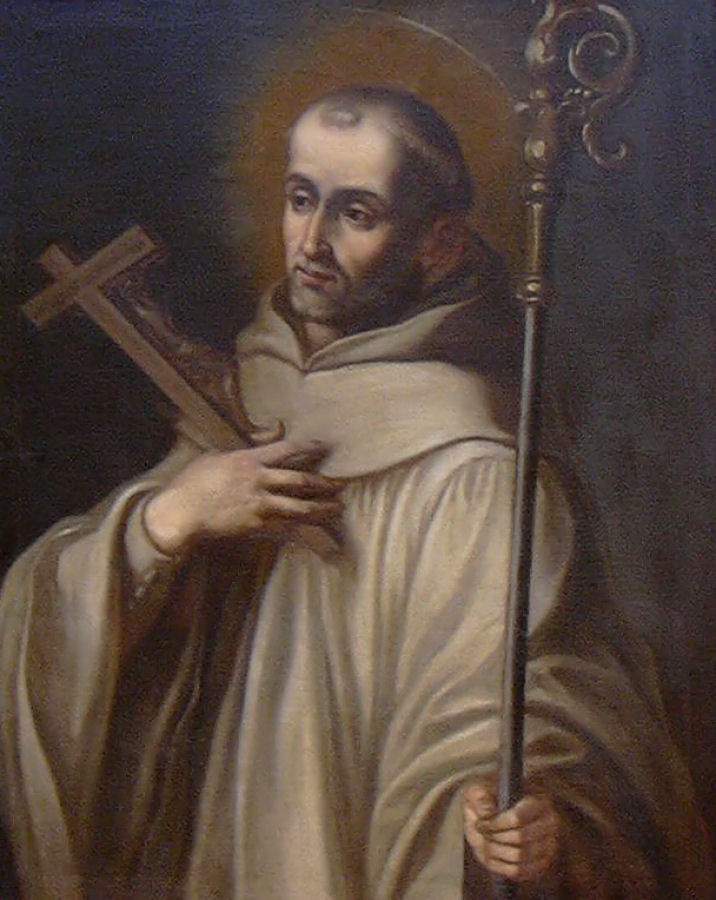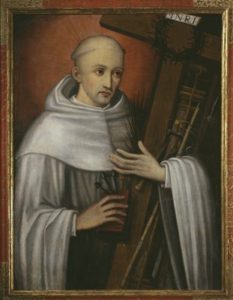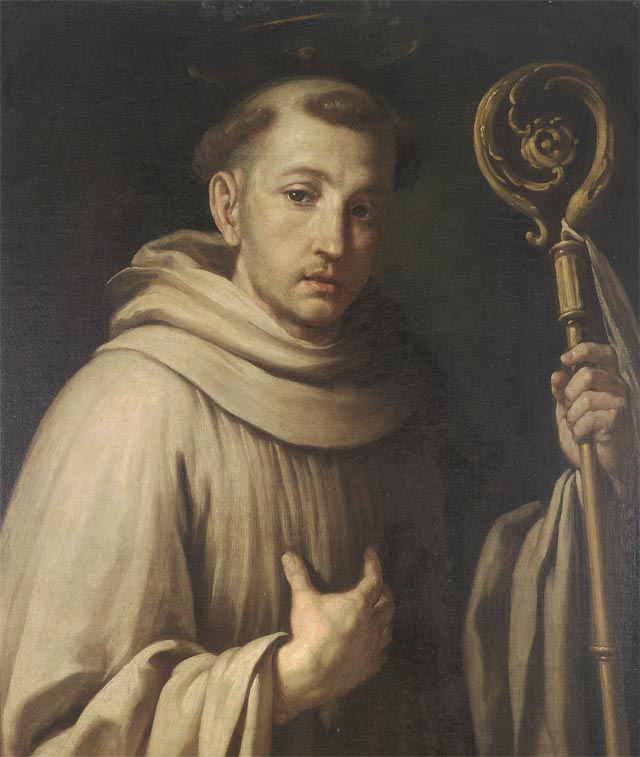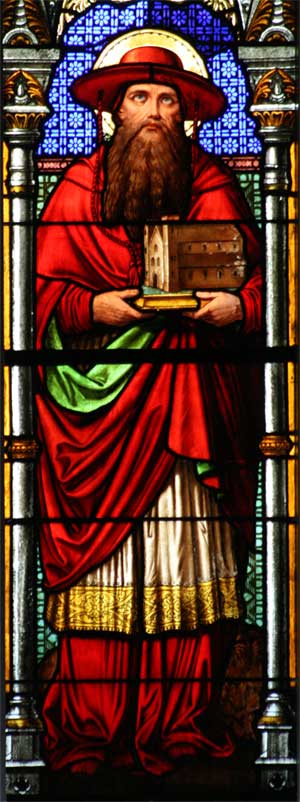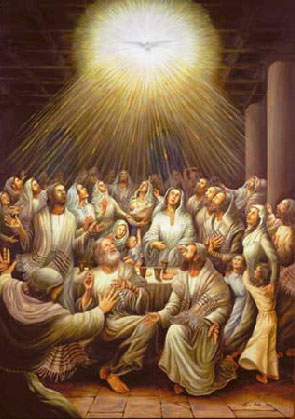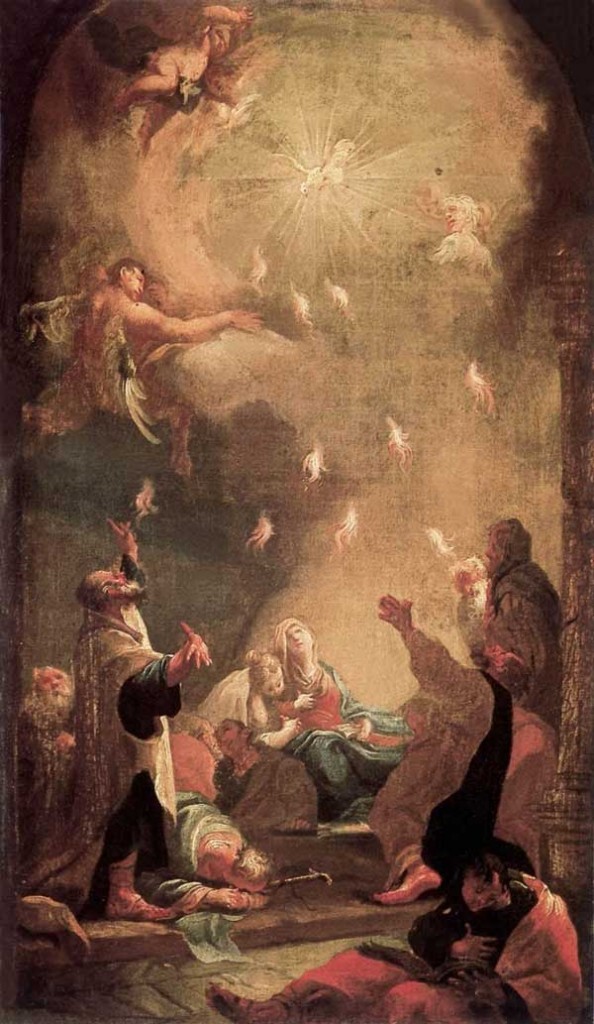Podcast: Play in new window | Download (Duration: 1:46 — 1.2MB) | Embed
Subscribe: Apple Podcasts | Spotify | Amazon Music | Android | Pandora | iHeartRadio | JioSaavn | Podchaser | Gaana | Podcast Index | Email | TuneIn | Deezer | Anghami | RSS | More
Day 6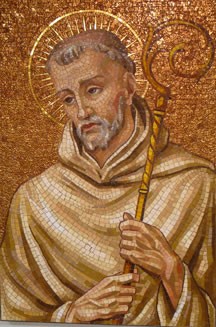
St. Bernard you have said:
“Let no one believe that he has received the divine kiss, if he knows the truth without loving it or loves it without understanding it. But blessed is that kiss whereby not only is God recognized but also the Father is loved; for there is never full knowledge without perfect love.”
St. Bernard you have given us this prayer and with you, we pray:
(The Memorare)
REMEMBER, O most gracious Virgin Mary, that never was it known that anyone who fled to thy protection, implored thy help, or sought thy intercession was left unaided. Inspired with this confidence, I fly to thee, O Virgin of virgins, my Mother; to thee do I come; before thee I stand, sinful and sorrowful. O Mother of the Word Incarnate, despise not my petitions, but in thy mercy hear and answer me. Amen.
O God, who made of the Abbot Saint Bernard
a man consumed with zeal for your house
and a light shining and burning in your Church,
grant, through his intercession,
that we may be on fire with the same spirit
and walk always as children of light.
Through our Lord Jesus Christ, your Son,
who lives and reigns with you in the unity of the Holy Spirit,
one God, for ever and ever. Amen.
The music chant used within this prayer is an excerpt from “Missa pro defunctis – VI. Offertorium” by Giammatteo Asola preformed by Papalin under creative common license
For the complete novena visit:
The Nine Day Novena to St. Bernard of Clairvaux – Mp3 audio and Text

 St. Bernard you have said:
St. Bernard you have said: